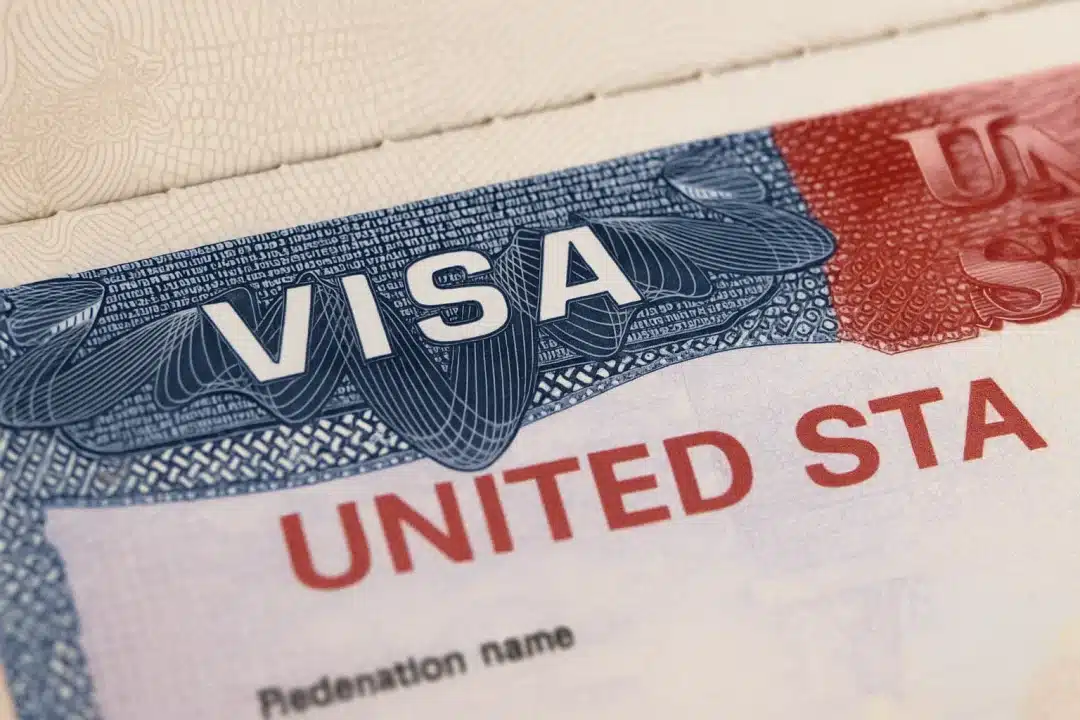
The Trump administration’s sweeping changes to the U.S. student visa system have left thousands of international students scrambling for clarity. In recent months, more than 6,000 visas have been revoked, new rules have been rolled out requiring applicants to make their social media accounts public, and processing has been shifted to favor universities with fewer foreign students.
Officials say the changes are aimed at boosting national security and reducing overstays. Critics argue they are politically motivated and risk damaging America’s reputation as the world’s premier destination for higher education.
Key Developments in 2025
- Mass Visa Revocations
The State Department confirmed over 6,000 student visas were canceled this year, citing reasons ranging from criminal violations to alleged security threats. Some revocations involved major offenses like assault or fraud, while others stemmed from minor incidents, sparking criticism of overreach. - Mandatory Social Media Screening
Applicants must now make their accounts public during the visa process. Consular officers are instructed to examine posts, likes, comments, and affiliations for evidence of hostility toward the U.S. - University Prioritization Rule
Students applying to schools where international enrollment is below 15% will have applications fast-tracked. This disproportionately impacts elite universities such as Harvard, MIT, and Stanford, which rely heavily on international enrollment. - Global Impact
Analysts warn the crackdown could accelerate a “talent drain,” pushing the world’s brightest students to Canada, the U.K., and Australia. U.S. tech firms and research labs, already sounding alarms over labor shortages, say the policy threatens innovation.
What Students and Families Should Do
- Review Your Digital Footprint
Audit posts, comments, and affiliations across all platforms. Remove or hide material that could be misinterpreted. - Apply Early
Visa processing delays are mounting. Submitting well before deadlines reduces the risk of administrative holdups. - Consult Legal Support
If your visa is revoked or denied, seek immediate help from an immigration attorney. Universities may also provide resources. - Prepare Documentation Thoroughly
Ensure financial records, acceptance letters, and SEVIS forms are complete and up to date.
Frequently Asked Questions
Q: Why were thousands of visas revoked?
A: Officials say revocations were tied to crimes, overstays, and security threats. Critics counter that many cases involved only minor infractions.
Q: Do I really need to make my social media public?
A: Yes. As of mid-2025, public social media disclosure is a condition of the student visa process. Refusing can result in denial.
Q: Which schools are most affected by the prioritization rule?
A: Highly international universities like Harvard, Columbia, and Stanford may see slower visa approvals, while state schools with smaller foreign populations may be expedited.
Q: What should I do if my visa is revoked?
A: You must leave the U.S. immediately unless legal action is filed. Consult an immigration lawyer and notify your school’s international office.
Q: How does this affect the future of U.S. higher education?
A: The U.S. risks losing top talent, reducing its global leadership in research and technology. Universities warn the policy could reshape admissions strategies for decades.
The Bottom Line
The 2025 student visa crackdown represents one of the most dramatic shifts in U.S. education and immigration policy in decades. For students, families, and universities, the message is clear: every aspect of your background — including what you post online — is now under scrutiny.
While the U.S. remains a magnet for higher education, the new rules may redefine global academic migration and leave America facing greater competition from rival nations eager to welcome international talent.
